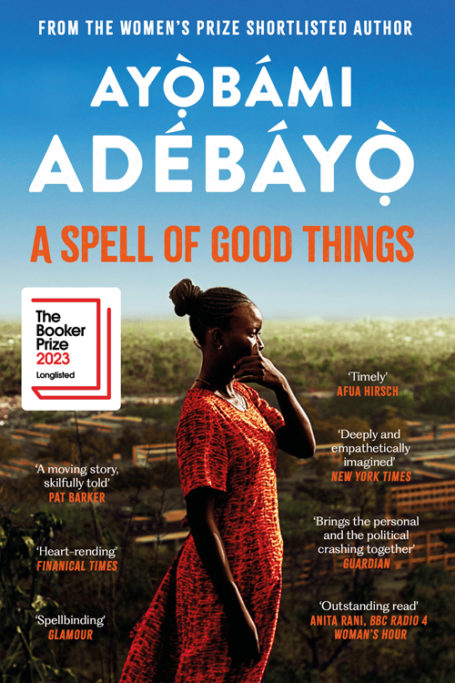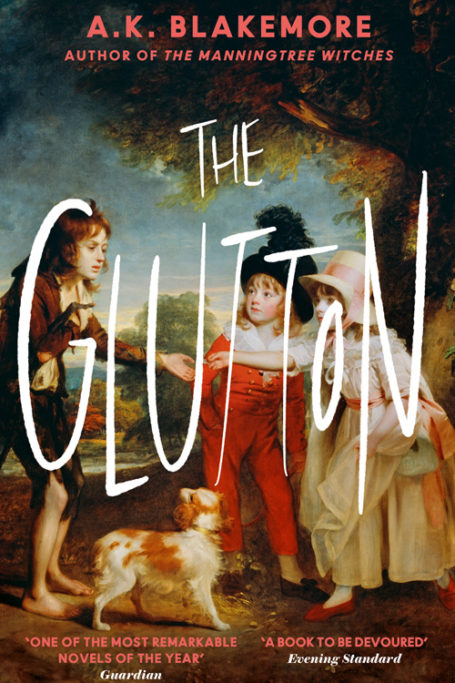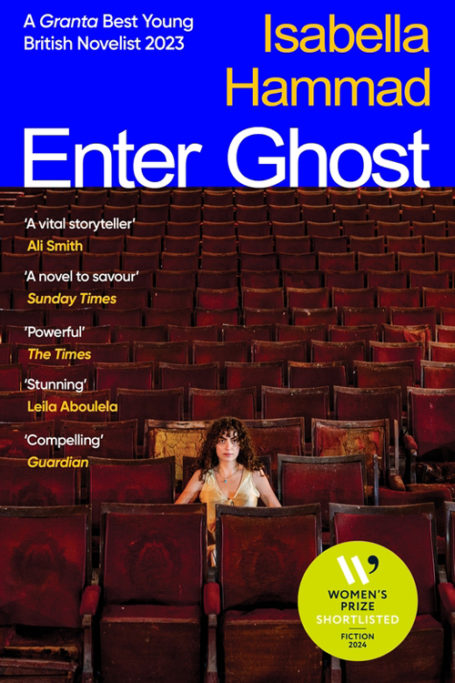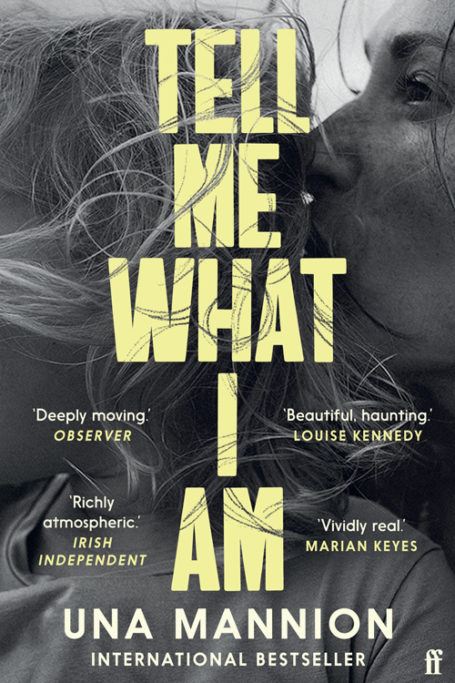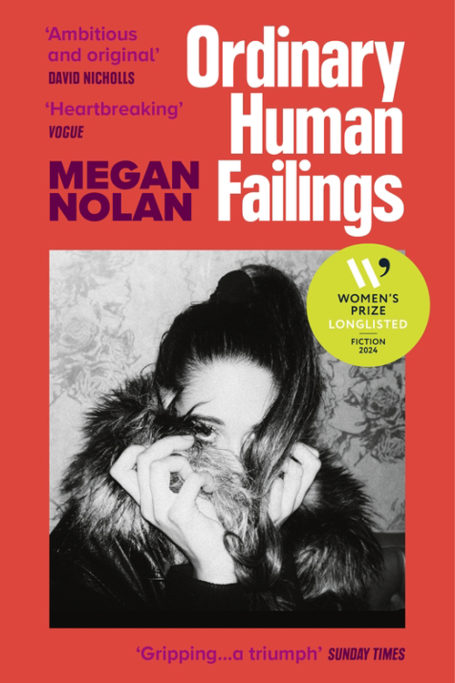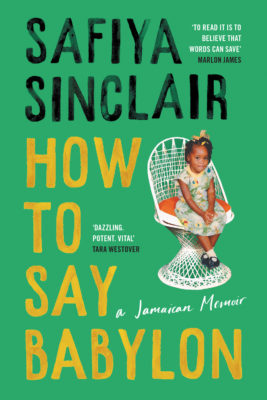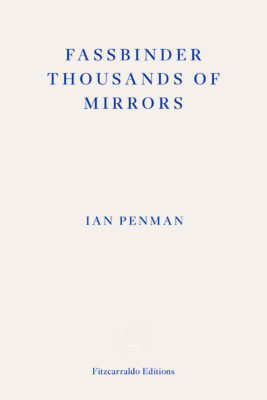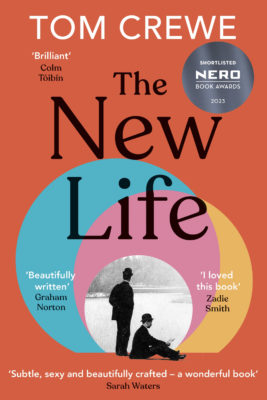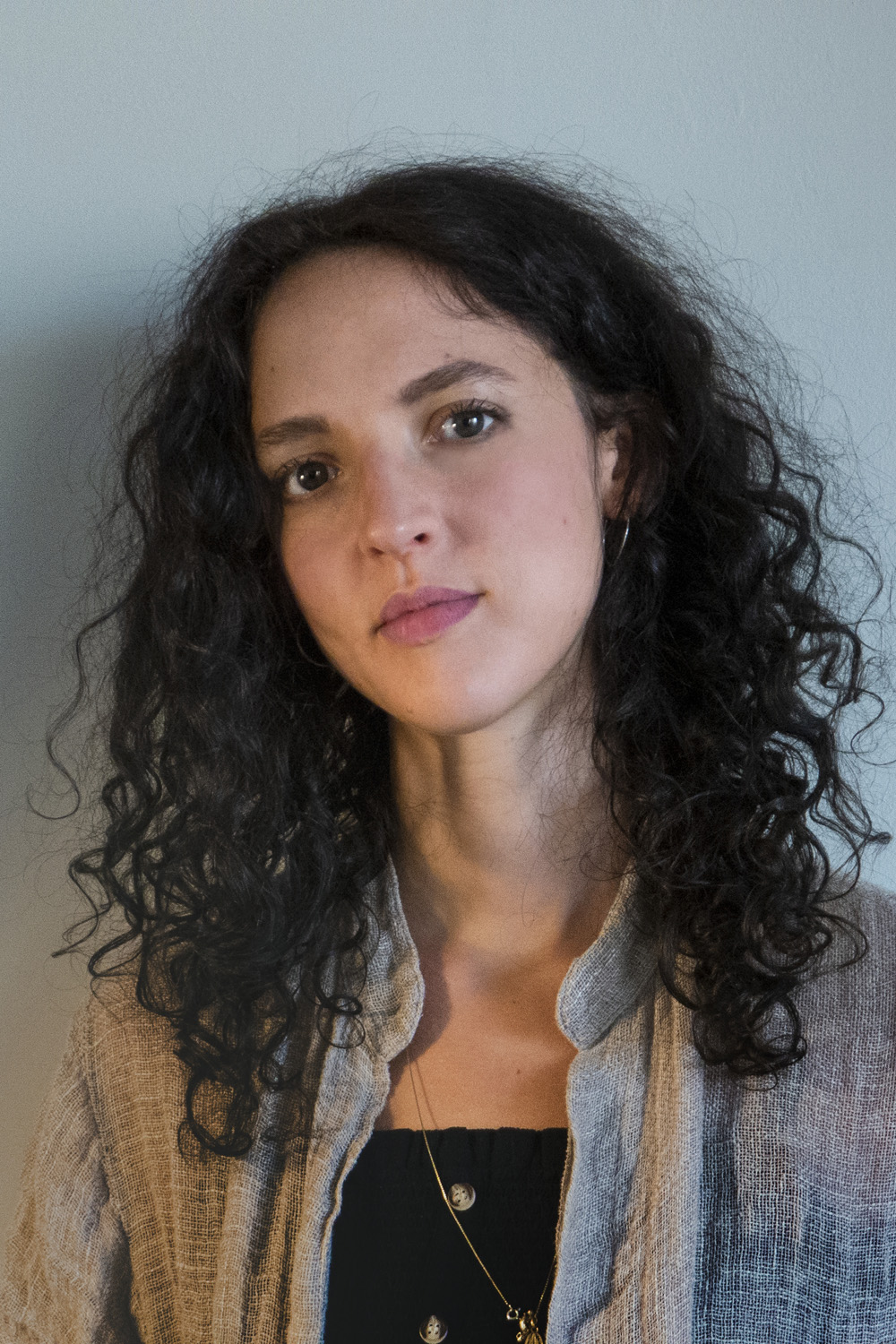
Encore, Encore! Isabella Hammad Has Bagged The RSL 2024 Encore Award
By
10 months ago
Everyone loves a debut novel, but this prize champions the difficult follow-up
The Royal Society of Literature (RSL) has officially awarded its prestigious 2024 Encore Award to Isabella Hammad for her sophomore work, Enter Ghost (2023). This niche award fills a gap in the literary award scene in that it specifically rewards writers grappling to perfect their second publication.
Hammad recently just missed out on bagging the Women’s Prize for Fiction 2024, which Enter Ghost was shortlisted for. The Encore Award’s judges lauded Enter Ghost as being ‘as profound as it is powerful, exploring in beautiful prose the essential, humanising importance of art in a world overthrown by conflict.’ As well as the title, Hammad was awarded a £15,000 prize at a special event in central London hosted by 2021’s prize winner Caoilinn Hughes.
Here we look back at the stellar shortlist, with each author awarded £1,000 for their efforts.
RSL’s Encore Award 2024
What Is The Encore Award?
The RSL Encore Award recognises the best second novel of the year – that is, the second novel published by a writer. First awarded in 1990, the annual award bestows the winner with £10,000 – plus, all shortlisted authors are awarded £500. Previous winners include Sally Rooney (for Normal People), Colm Tóibín (for The Heather Blazing), and Ali Smith (for Hotel World). Last year, Daisy Hildyard won for her novel, Emergency.
This year, the judging panel was made up of Fergal Keane, Malika Booker and Maura Dooley.
The 2024 Shortlist
A Spell of Good Things by Ayọ̀bámi Adébáyọ̀
‘A Spell of Good Things is a superb portrayal of two families living in modern Nigeria and the impact of wealth, power and political corruption on their circumstances,’ the judges said. ‘It is a modern African novel building on a strong Nigerian literary tradition. The two main protagonists Eniola and Wuraola enable stunning, compelling insights into the sacrifices and determination needed to survive – whether wealthy or destitute. We were captivated and gripped by this haunting yet brutal portrayal of a society on the brink of catastrophe.’
The Glutton by A. K. Blakemore
‘The Glutton follows the bizarre adventures of a peasant boy set against the backdrop of the French Revolution,’ the judges said. ‘Blakemore’s luscious poetic fiction enacts the depravity, greed and hunger of the country’s brutal upheaval through the portrayal of a village boy Tarare. It is a harrowing, marvellous, historical psychological tale tracing Tarare’s transformation from a hapless rural child to a depraved glutton on the streets of Paris. Blakemore passionately captures the tender yet disturbing aspects of the eighteenth century tale.’
Enter Ghost by Isabella Hammad – WINNER
‘Enter Ghost is as profound as it is powerful, exploring in beautiful prose the essential, humanising importance of art in a world overthrown by conflict,’ said the judges. ‘Hammad tells the story of Sonia, a British Palestinian actress who flees a failed marriage and love affair in London to stay with her sister in the West Bank. Family tensions, the haunting of lost love and the impositions of the Israeli occupation build, quite literally, towards a dramatic conclusion: the denouement takes place during a production of Hamlet, staged in the presence of Israeli troops. In a voice that is always original Hammad takes one of the most intractable and polarising conflicts of our time and creates a story braided through with compassion and wisdom. The political, she reminds us, is always human.’
Tell Me What I Am by Úna Mannion
‘Tell Me What I Am centres around an absent mother and the tissues of lies that surround that absence,’ the judges said. ‘Moving back and forth in time, and between the protagonists’ perspectives, Mannion creates both a subtle mystery and a tender and moving portrayal of the complexities of domestic abuse, coercion and grief. Cleverly paced, the novel is as much a psychological thriller as it is a careful exploration of damage across generations. This is a book that explores disturbing cruelties with sensitivity and nuance, always subtly through character and landscape. Balanced, complex, lyrical, confident, we thought this an outstanding second novel.’
Ordinary Human Failings by Megan Nolan
‘Ordinary Human Failings, set in the 1990s, centres on an Irish family newly-arrived in London in the hope of a fresh start,’ said the judges. ‘Their world is turned upside down by the death of a young girl on the estate. Suspicion for the death falls on their own young child. Nolan turns this compelling narrative framework aside to unfold a picture of the twists and turns of family life that have led to this point; false starts, disappointments, resignation and quiet despair. The characterisation is superb: precise, tender, unshowy. Full of insight, compassionate and clever, we found this a moving and haunting novel capturing the mood of the times.’
Winner: Enter Ghost by Isabella Hammad
Hammad’s debut novel The Parisian was awarded the Plimpton Prize for Fiction, the Sue Kaufman Prize from the American Academy of Arts and Letters, the Palestine Book Award, and a Betty Trask Award, and in 2023, Hammad made it onto Granta’s once-in-a-decade Best Young British Novelists list – so penning a follow-up would always be a daunting task. But Enter Ghost certainly lived up to expectations, according to the Encore Award’s 2024 judging panel: ‘Enter Ghost is as profound as it is powerful,’ they said. ‘Hammad tells the story of Sonia, a British Palestinian actress who flees a failed marriage and love affair in London to stay with her sister in the West Bank. Family tensions, the haunting of lost love and the impositions of the Israeli occupation build, quite literally, towards a dramatic conclusion: the denouement takes place during a production of Hamlet, staged in the presence of Israeli troops. In a voice that is always original Hammad takes one of the most intractable and polarising conflicts of our time and creates a story braided through with compassion and wisdom. The political, she reminds us, is always human.’
‘I’m so thrilled to be awarded this wonderful prize,’ Hammad said. ‘Second novels are, as I was repeatedly told, notoriously difficult – not only to write, but also to sell. Everyone loves a debut, but I think it may actually be in the tricky transition from the first book to the second that a writer really becomes a writer. I’m happy to have made it to the other side, and really honoured that my second novel has been recognised in this way.’

